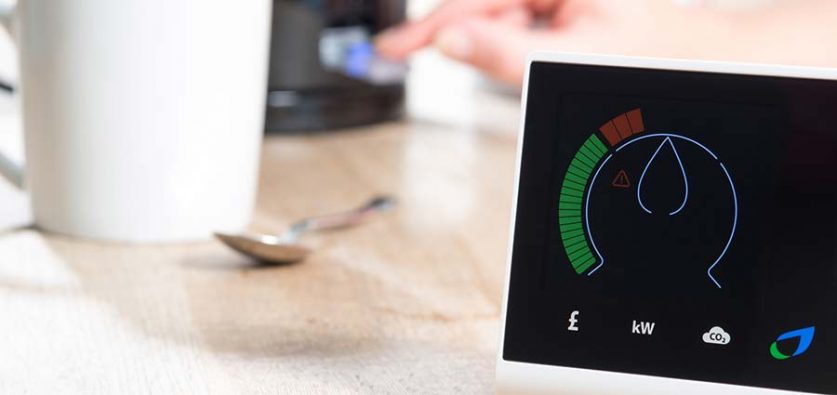
The number of smart meters installed by large suppliers dipped by 10% in the third quarter of 2018, a further setback for a rollout already over budget and behind schedule.
Data from the Department for Business, Energy and Industrial Strategy (BEIS) showed that large energy suppliers fitted 632,600 electricity and 495,400 gas smart meters in homes over the quarter, a decline from the previous three months and following nine months of continuously falling installation rates.
12.8 million smart meters are now in operation across the UK, well below the 56 million the government aims to have installed by the end of 2020.
Consumer experts have previously said that suppliers need to install smart meters three times faster than the current rate to meet the deadline.
Falling rates of installation come as the National Audit Office (NAO) has warned that the rollout will not meet its target date and that costs will likely overrun by as £3bn, a quarter of the previous estimated cost of £11bn. Escalating costs could add £100 to consumers’ energy bills, while a report from a parliamentary group this summer alleged that the new technology pay save customers only £11 a year.
Mike Rowe, Simply Switch COO, said: “Both the government and Smart Energy GB expected the public to be much more receptive to the smart meter rollout than they have been. In reality, technical problems with first generation smart meters, combined with reports of less-than-groundbreaking potential savings, have dampened enthusiasm. It’s a shame to see because smart meters really can be a great tool if used correctly, but the campaign will have to shift gears a bit if there’s going to be any hope of meeting the current targets.”
Industry sources have cited consumer reluctance for the slowing rate of installations, as consumers resist accepting smart meters which may lock them into tariffs with their existing supplier, losing functionality—going “dumb”—when the customer tries to switch energy providers. The second generation of smart meters enables switching without loss of functionality but the first of these meters were installed only in July 2017, three years later than planned, and as of the third quarter of 2018, just 140,000 have been installed.
Despite the known drawbacks of the SMETS1 meters, suppliers are continuing to install more first generation meters than second generation ones. This is partly due to technological limitations. Currently, suppliers can only install these SMETS2 meters in 70% of UK homes, due to technological limitations, although BEIS estimates coverage will be extended to 96.5% by the Spring of 2019 with the development of new technology.
The pace of the rollout to small businesses increased in the third quarter, with large suppliers installing 19,300 smart meters in non-domestic premises, an 11% increase on the previous three months. 15,000 of those meters were advanced, SMETS2 meters.
A spokesperson for the BEIS declined to comment on a reason for the drop in domestic installations.




